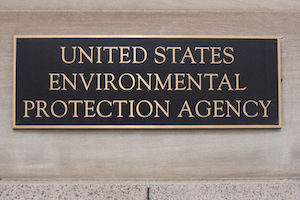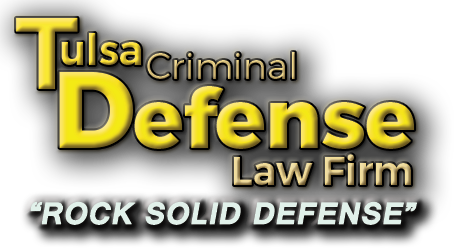 U.S. federal regulatory offenses are so numerous and so ill-understood that it is difficult for the average person to know when they have run afoul of them. Here is what you need to know about federal regulatory charges in Tulsa, Oklahoma.
U.S. federal regulatory offenses are so numerous and so ill-understood that it is difficult for the average person to know when they have run afoul of them. Here is what you need to know about federal regulatory charges in Tulsa, Oklahoma.
Federal Regulatory Agencies
Federal regulatory agencies are those departments or agencies within the federal government that are responsible for the rules and regulations of a particular sector or area of the government. These agencies are responsible for investigating and enforcing these regulations. Some examples of these agencies include:
The Bureau of Alcohol, Tobacco, and Firearms (ATF): This agency comes under the Department of Justice and regulates and enforces the sale of alcohol, tobacco, and firearms nationally.
The Drug Enforcement Administration (DEA): This agency enforces laws and regulations regarding controlled substances in the United States.
The Environmental Protection Agency (EPA): This agency protects the public against environmental harm such as pollution. It enforces laws such as the Clean Water Act. However, the Donald J. Trump Administration has made significant strides in dismantling this agency.
The Equal Employment Opportunity Commission (EEOC): This agency enforces the laws prohibiting discrimination in the workplace.
The Federal Communications Commission (FCC): This agency regulates communication across states and internationally. It covers television, the internet, and satellite communications.
Each one of these, and other agencies, have rules and regulations that affect us. Consequently, violating those rules and regulations can result in charges.
Federal Regulatory Infractions, Offenses, and Crimes
Federal agencies have a regulatory framework that includes a web of civil administrative fines and criminal penalties for regulatory offenses. In general, these offenses include things such as drug trafficking, environmental, weapons, and immigration crimes. These are considered general intent crimes, meaning that the regulation involved does not specify that the prosecution must prove what the defendant knew or intended.
Instead, these are usually strict liability offenses. If you did the action, you could be found criminally liable even if you did not know this was against the law.
Compare these to crimes that require specific intent such as murder or robbery, where the prosecution must prove that a defendant had specific intent. The law identifies exactly what the prosecution must prove to obtain a conviction.
Along with a proliferation of federal agencies has come a proliferation of regulatory charges that can be brought on a large number of general intent crimes. These types of regulatory offenses comprise a huge percentage of federal crimes being prosecuted in the United States today.
The Code of Federal Regulations (CFR) is the codification of these crimes and offenses. The CFR is divided into some 50 titles that comprise areas of federal regulation.
Because these crimes do not require specific intent, they are much more easily prosecuted and convictions are easier to obtain. This can make it a nightmare for an innocent person who does not realize that they have committed a crime and one day receives a federal indictment in Tulsa.
Example of the Problem
The FDA imposes liability in the form of fines and jail terms on companies and company executives that sell contaminated food or drugs. A supervisor is prohibited from allowing contaminated food or drugs to reach the public, even if the supervisor has no knowledge of the contamination.
The regulation imposes strict liability, even if the company or its supervisor is unaware of the problem. In essence, you can be morally innocent but legally held guilty.
Legal Intervention is Critical
You are deemed to know the law, meaning that ignorance of the law is no excuse. That means that you cannot expect that a prosecutor will drop charges against you because you claim that you did not know that what you did was against the law. However, an attorney who knows the regulatory framework can advise the unwary in advance of their actions to avoid prosecution in the first place.
A Tulsa federal criminal defense attorney can also intercede with prosecutors if you are the target of an investigation for a regulatory crime. An attorney can also work with problems in the evidence against you early in the proceedings, which can convince prosecutors to dismiss weak charges.
Free Consultation: Tulsa Federal Criminal Lawyers
Get the help you need. It’s time to retain a Tulsa criminal defense lawyer who is knowledgeable regarding federal law and procedure and who will look out for your legal interests. Contact a Tulsa criminal attorney at Tulsa Criminal Defense Law Firm today for a free, confidential consultation.
A Tulsa defense attorney can advise you on how the process works and offer answers to your specific questions. To begin your free consultation, call 918-256-3400 now.


